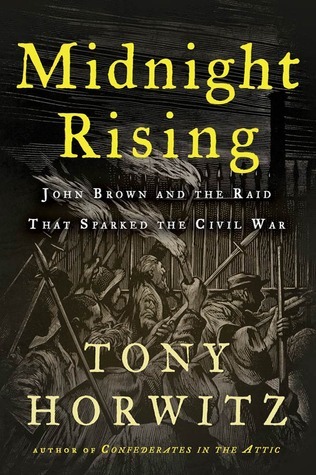More on this book
Community
Kindle Notes & Highlights
by
Tony Horwitz
Read between
October 18 - November 12, 2021
Viewed through the lens of 9/11, Harpers Ferry seems an al-Qaeda prequel: a long-bearded fundamentalist, consumed by hatred of the U.S. government, launches nineteen men in a suicidal strike on a symbol of American power. A shocked nation plunges into war. We are still grappling with the consequences.
Harpers Ferry wasn’t simply a prelude to secession and civil war. In many respects, it was a dress rehearsal.
Southerners also dominated government, largely because the three-fifths clause padded the representation of slave states in Congress and the electoral college, throughout the antebellum period. Southerners won thirteen of the first sixteen presidential contests, ruled the Supreme Court for all but eight years before the Civil War, and held similar sway over leadership posts in Congress.
John Brown’s campaign to liberate slaves had claimed as its first casualty a free black man, shot down while defying the orders of armed whites.


